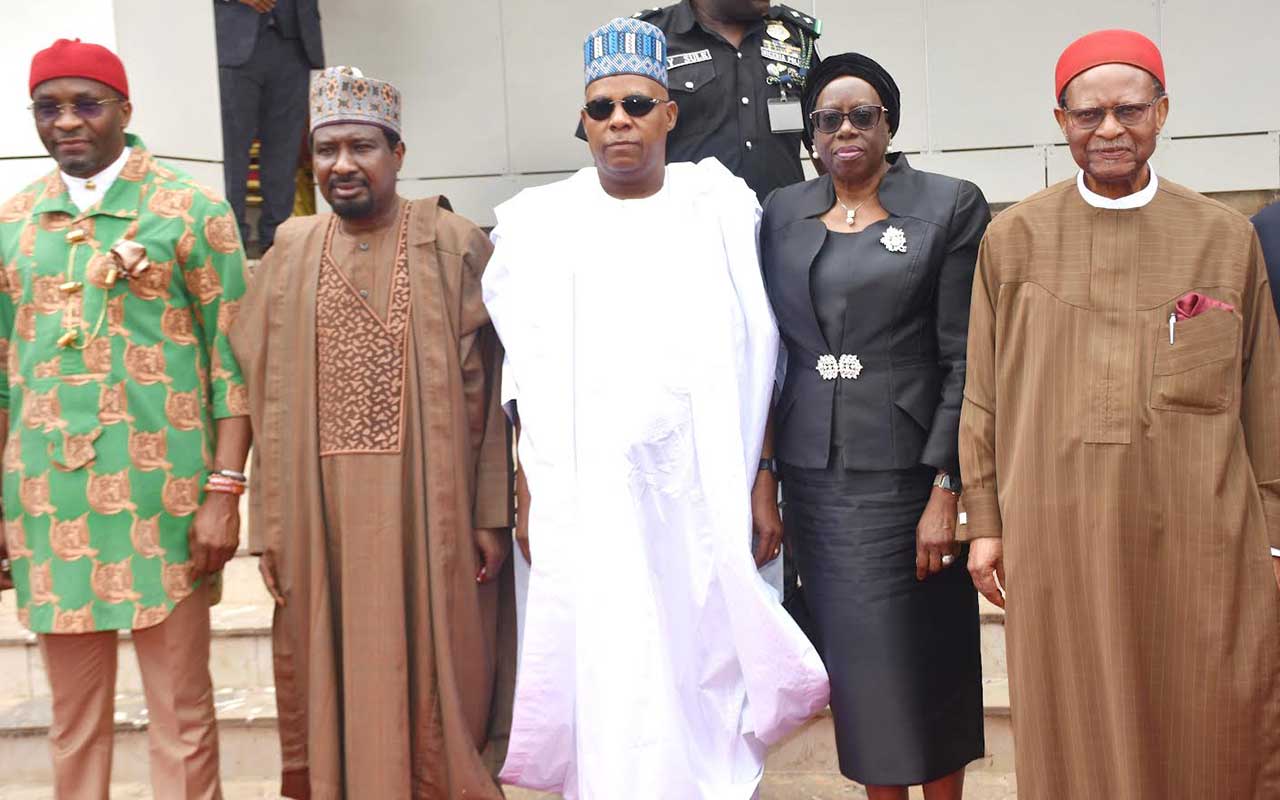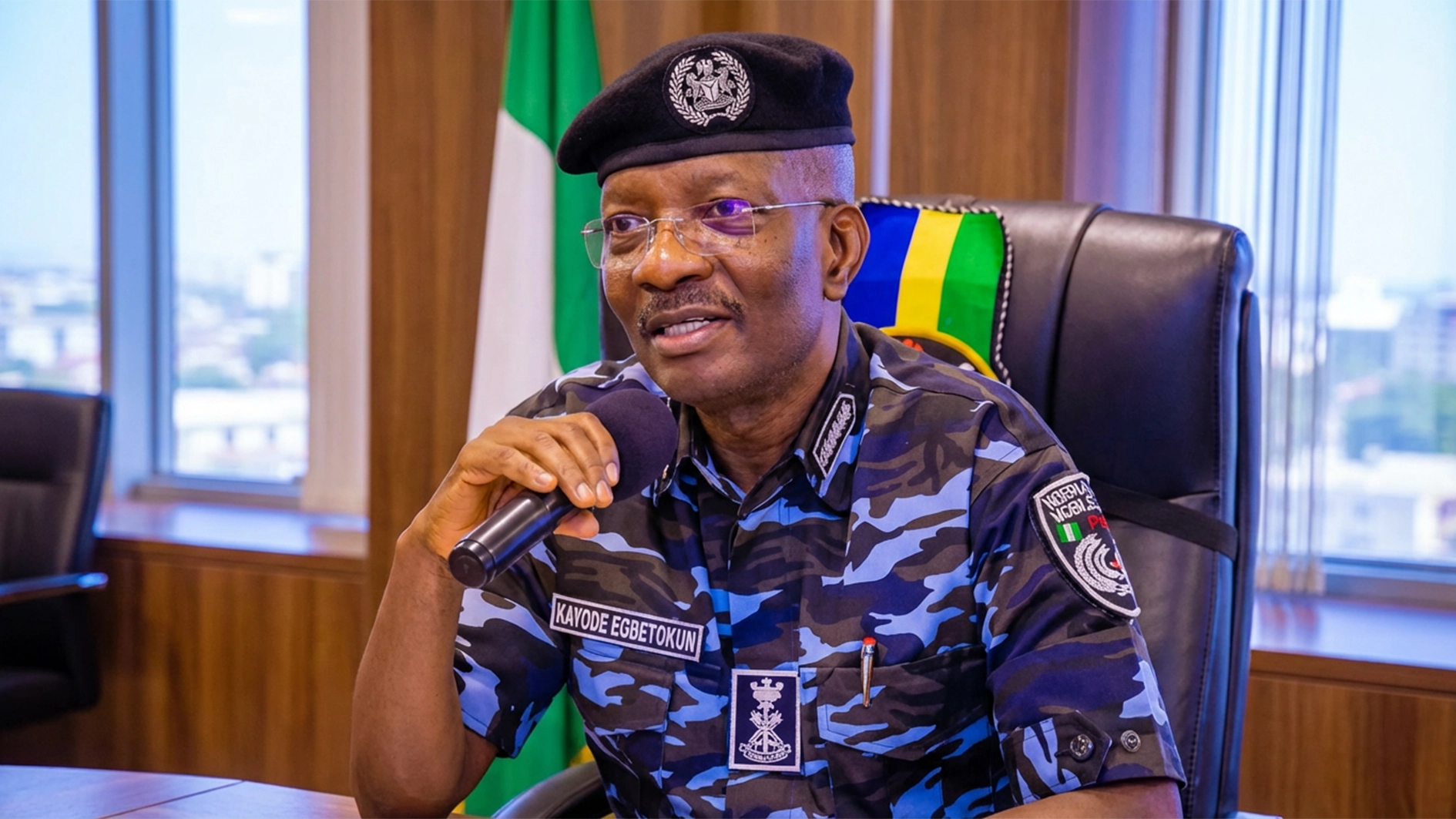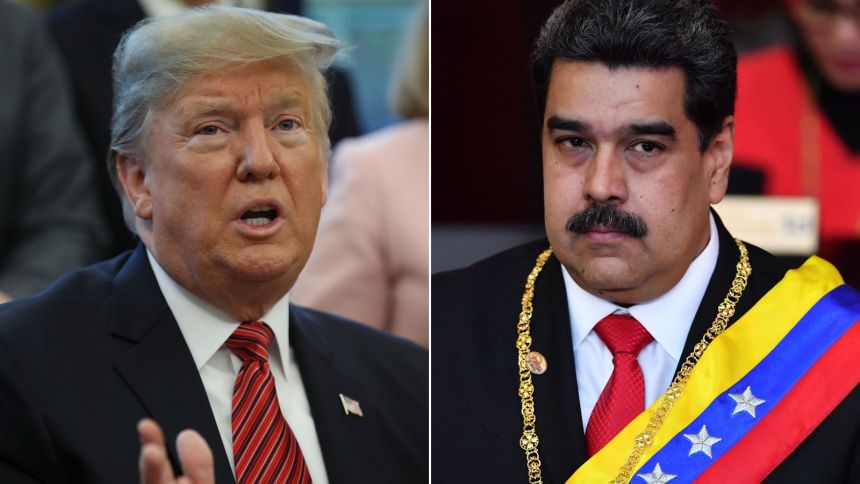
• EFCC decries court restrictions preventing investigation in 10 states
• Conflicting court rulings can derail democracy, says Ozekhome
President Bola Tinubu has identified frivolous appeals, alleged intimidation of judges by lawyers and judgments delivered on grounds of technicalities as some of the major challenges impeding the fight against corruption in Nigeria.
He listed the student loan fund among other initiatives of his government as measures emplaced to curb graft.
Also, the Economic and Financial Crimes Commission (EFCC) said it was unable to carry out investigations in 10 states because of court orders.
Worried by the confusion caused by conflicting rulings of courts of coordinate jurisdiction, a Senior Advocate of Nigeria (SAN), Mike Ozekhome, said the development must be fought frontally, as it can derail the country’s democracy.
According to Tinubu, until these challenges are curtailed, they will continue to hamper the speedy adjudication of corruption cases.
While declaring open the 6th Economic and Financial Crimes Commission/National Judicial Institute Capacity Building Workshop for Justices and Judges at the National Judicial Institute (NJI), Abuja, the President, however, acknowledged that “prosecution of corruption cases has improved remarkably,” following the justice sector reforms in the last few years.
Represented at the event by Vice President Kashim Shettima, he described the capacity-building workshop as a platform to collectively denounce the country’s common enemy called corruption.
In his speech, the President stated, “The judiciary is central to the success of the anti-corruption efforts. The commitment, courage and patriotism of judicial officers are the ingredients that make the difference in the fight against corruption.
“Though I am aware that prosecution of corruption matters has improved in the light of the justice sector reforms in the last few years, we are not oblivious of some challenges that continue to impede the speedy adjudication of corruption cases. They include frivolous applications and appeals to delay the trial, intimidation of judges by counsel and judgment based not on the facts of cases but on technicalities.”
Earlier in her address, the Chief Justice of Nigeria (CJN), Kudirat Kekere-Ekun, commended the efforts of the anti-graft agencies in the country for their commitment, and collaboration with the judiciary in handling economic, financial crimes and related cases.
She urged law enforcement agencies to begin to see judicial officials as partners in the anti-graft campaign in Nigeria.
Pledging the support and commitment of the judiciary in the campaign through capacity-building initiatives for justices, judges and prosecuting officers, the CJN stated that economic and financial crimes pose significant threats to national and global economies and must be tackled by all stakeholders.
On his part, President of the Senate, Godswill Akpabio, represented by the Deputy Senate President, Jibrin Barau, applauded the collaboration between anti-graft agencies and the judiciary.
“It is incumbent on us all as stakeholders to adopt and implement pragmatic solutions that will help address challenges confronting our country, including financial crimes,” he said.
Akpabio advocated a periodic review of laws relating to economic crimes and the creation of a central database for use by law enforcement agencies, maintaining that the complexity of financial crimes requires constant tweaking of the laws.
Deputy Speaker of the House of Representatives, Benjamin Kalu, described the workshop as a significant step in the Tinubu administration’s efforts to combat economic and financial crimes, emphasising that competence must be at the forefront of the reinvigorated war against corruption in Nigeria.
The Attorney-General of the Federation (AGF) and Minister of Justice, Lateef Fagbemi, proposed a multifaceted approach in the fight against graft, just as he welcomed the continued collaboration between the EFCC and the judiciary.
In a goodwill message, former Secretary General of the Commonwealth, Emeka Anyaoku, said though corruption is not peculiar to Nigeria, the dimension of crime across the country requires value reorientation among citizens and in key government agencies.
EFCC Chairman, Olukoyede Olanipekun, described the workshop’s theme, ‘Integrating Stakeholders in Curbing Economic and Financial Crimes’ as apt.
The anti-graft czar lamented that court orders restraining the agency from investigation continued to impede its activities.
According to him, among the plethora of issues bothering the EFCC are the frequent adjournment of high-profile cases by courts, contempt orders and undue reliance on technical grounds.
He further said a situation where suspects rush to court to obtain restraining orders against the EFCC from arresting them, must be discouraged by courts.
ON September 30, 2024, a Federal High Court in Abuja and that of Rivers State, with coordinate jurisdictions, gave conflicting rulings in suits on the Rivers State Local Council election that was later conducted on October 5, 2024.
While Justice Peter Lifu of the Abuja Division of the court stopped the Independent National Electoral Commission (INEC) from releasing the voter register to the Rivers State Independent Electoral Commission, (RSIEC) to conduct the election in the state, Justice ChigoziIgwe of the Rivers State Judicial Division okayed the conduct of the election in the state.
Reacting to the development, Ozekhome said conflicting judgments by two courts of coordinate jurisdiction have become a worrisome development that must be fought frontally.
He said lawyers and judges were complicit in the infamous mantra, noting, “It becomes difficult to know what judgment to follow since people involved may decide to pick and choose which one favours them.
“That has just played out in Rivers. The solution to this despicable abuse of court processes by litigants and their lawyers is to insist that matters arising from a particular jurisdiction should be heard in that jurisdiction, rather than a matter in Asaba, for instance, taken to the Federal High Court in Lagos for hearing,” Ozekhome stated.






